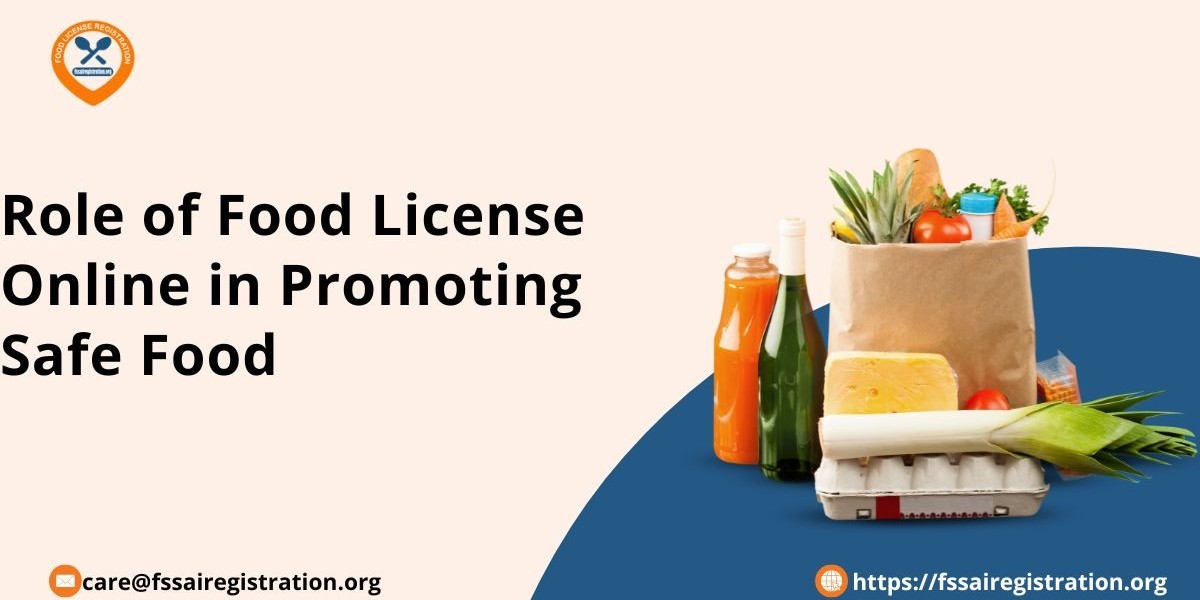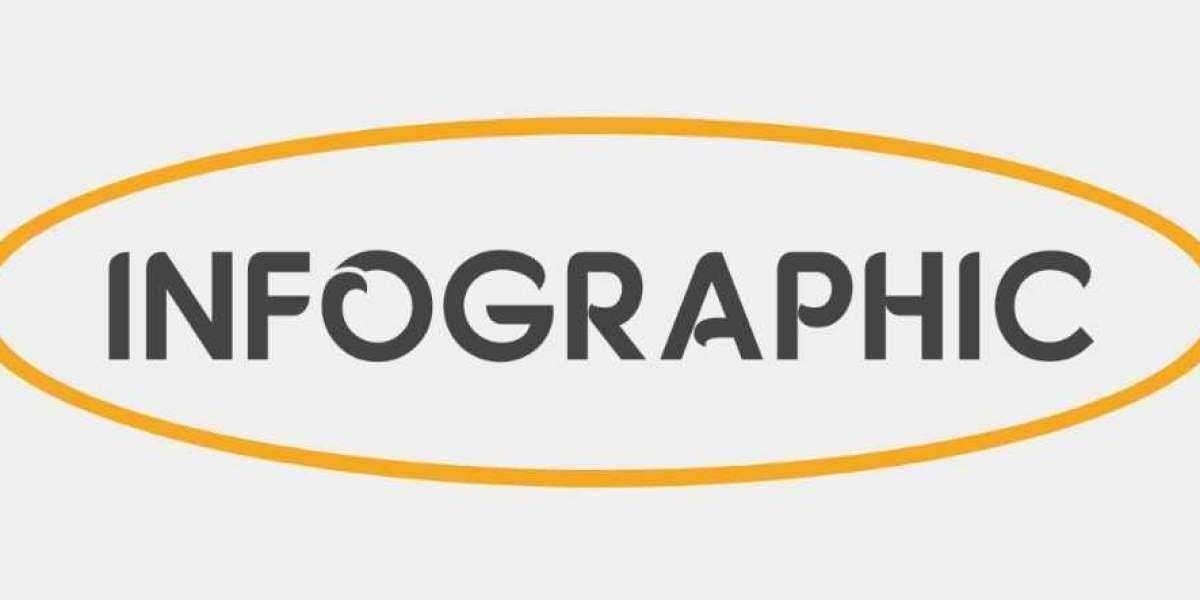In today’s digitally driven world, online services have transformed the way businesses operate—especially in the food industry. One of the most significant developments in ensuring food safety and consumer protection has been the introduction of the online food license system. With growing consumer awareness and stringent food safety regulations, obtaining a food license online has become not just a legal requirement but also a powerful tool for promoting public health and trust in the food supply chain.
This article explores the pivotal role that online food licensing plays in enhancing food safety, building consumer trust, and shaping a healthier food ecosystem.
What is a Food License and Why is it Important?
A food license is an official permit issued by a government authority, such as the Food Safety and Standards Authority of India (FSSAI), that allows food-related businesses to operate legally. This license ensures that the food products manufactured, stored, distributed, or sold by a business meet specific safety and quality standards.
Food licenses are important for:
- Ensuring public health safety.
- Regulating hygiene practices in food production.
- Tracing food products in case of contamination.
- Increasing accountability in the food sector.
With the introduction of online food licensing portals, the process has become more accessible, transparent, and efficient.
The process to apply for food license online
- Visit Website – Open the official FSSAI registration portal.
- Fill Application Form – Enter your name, business details, and food category, and upload your PAN card.
- Review & Submit – Check all details and submit the form.
- Pay Fee – Complete the payment online as per your license type.
- Verify OTP – Enter the OTP sent to your registered mobile or email.
- Inspection (If Required) – Officials may inspect your premises for approval.
- Get an FSSAI License – Once approved, download your FSSAI license from the website.
Digitalization and Its Impact on Food Licensing
The shift to online platforms has streamlined the licensing process for food businesses of all sizes—from local vendors and small eateries to large-scale food manufacturers and exporters. The online system offers numerous advantages over the traditional paper-based process:
- Faster processing times.
- Easy document uploads.
- Real-time status tracking.
- Reduced corruption and manual errors.
- Wider reach for food safety education.
This digital transformation has made it easier for regulators to monitor compliance and for businesses to adhere to food safety norms.
Enhancing Food Safety Through Online Licensing
Online food licensing directly contributes to food safety in several ways:
A. Enforcement of Food Safety Standards
The online licensing system mandates compliance with the FSSAI’s guidelines on food hygiene, handling, storage, and labeling. Businesses applying online must provide detailed information about their operations, facilities, ingredients, and supply chains. This helps authorities assess risks and enforce compliance.
B. Inspection and Audit Integration
The digital system allows for automated inspection scheduling and tracking. Inspectors can record findings digitally and share real-time updates. This ensures that food businesses maintain safety standards consistently and are subject to regular audits.
C. Traceability and Recall Mechanisms
With online records of licenses and registered food operators, regulators can trace food products back to their source in the event of contamination or food-borne illness outbreaks. Quick action can be taken to recall unsafe products and minimize health risks.
Promoting Awareness and Accountability
A. Educating Food Businesses
Online portals often provide educational resources and guidelines on food safety practices. These materials help food business operators (FBOs) understand their responsibilities and follow safe food handling and processing protocols.
B. Improving Transparency
Food license numbers are now mandatory on food labels, menus, and packaging. This transparency allows consumers to verify the license status of food businesses via the FSSAI portal. It promotes consumer awareness and discourages unlicensed operations.
C. Reducing Unauthorized Food Businesses
With easier access to licensing online, more businesses are encouraged to register legally. This reduces the prevalence of unregulated food vendors, improving overall food safety standards across the industry.
Empowering Small and Medium Enterprises (SMEs)
The online system has been a game-changer for MSMEs and startups in the food sector. Before digitalization, many small vendors avoided licensing due to the complex paperwork and in-person bureaucracy. Now, the ease of online registration helps these businesses:
- Operate legally.
- Build trust with customers.
- Access government schemes and benefits.
- Expand into formal marketplaces.
As more small food businesses come under the safety umbrella, the overall quality of food in local markets improves.
Boosting Consumer Confidence
A. Verified Sellers
Consumers are increasingly cautious about what they eat and where their food comes from. An FSSAI license, visible online or on packaging, acts as a trust badge that the food product has passed safety checks.
B. Online Food Delivery Platforms
Major food delivery apps require listed restaurants and cloud kitchens to have a valid FSSAI license. This standardizes safety across the delivery sector and reassures customers about hygiene and compliance.
C. Food Labeling and Information
The online licensing system is integrated with food labeling norms. Consumers get better access to information about ingredients, allergens, nutritional facts, and expiry dates—crucial for making informed food choices.
Fighting Food Adulteration and Fraud
Online licensing databases allow quick cross-verification of vendors and product certifications. Authorities can detect fake or expired licenses and take swift action against fraudulent operators. Digital records create a strong deterrent against food adulteration, counterfeit products, and unethical practices.
In addition, whistleblower features and complaint redressal systems on food safety portals empower consumers to report suspicious practices easily.
Facilitating Global Trade and Compliance
With globalization, Indian food businesses are expanding to international markets. Online food licenses help exporters comply with global food safety norms by maintaining digital records, traceability, and standardized inspections.
International buyers and agencies often verify FSSAI licenses online before entering contracts. This enhances India's reputation as a safe and quality-conscious food exporter.
Encouraging Innovation in the Food Industry
Startups in food tech, organic farming, vegan products, and health foods often face regulatory hurdles. The online food license system simplifies compliance, allowing innovators to enter the market quickly while ensuring safety.
By promoting legal compliance through a user-friendly digital platform, the system encourages ethical innovation without compromising public health.
Suggested read:- FSSAI Food safety license registration for fish exporters in India
Conclusion
The role of online food licensing in promoting safe food is not just administrative—it is transformative. It serves as a bridge between regulation, innovation, and public trust. By making the food licensing process faster, transparent, and accessible, the online system empowers businesses, protects consumers, and fosters a culture of safety across the food industry.
Food safety is a shared responsibility. With the support of a robust digital framework like the online food license system, India is steadily moving toward a future where safe, hygienic, and high-quality food is the norm—not the exception.
Whether you are a food business owner, a consumer, or a policymaker, embracing digital food licensing is a step toward ensuring that “safe food, healthy nation” is more than a slogan—it becomes a reality.



